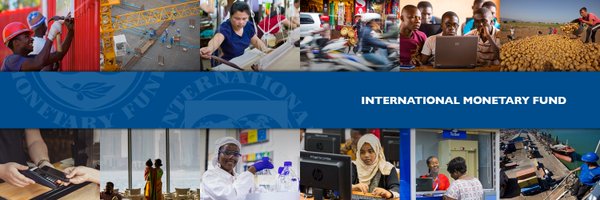 (AGENPARL) - Roma, 5 Agosto 2022
(AGENPARL) - Roma, 5 Agosto 2022(AGENPARL) – ven 05 agosto 2022 The latest IMF analysis of global economics, finance, development and policy issues shaping the world. []
[IMF Weekend Read]
Dear Colleague,
In today’s edition, we highlight the challenges facing the world’s central banks amid soaring inflation, global trade imbalances and disruptive capital flows, Europe’s energy-price shock, offline digital currencies, the pandemic and property prices, natural resources and educational attainment, and much more.
Global Inflation
Why Countries Must Cooperate on Carbon Prices
(PHOTO: LECHATNOIR/ISTOCK BY GETTY IMAGES)
It is possible that inflation comes down faster than central banks envision. Even so, the authors say that inflation risks appear strongly tilted to the upside. There is a substantial risk that high inflation becomes entrenched, and inflation expectations de-anchor. “In that event, central banks will have to be more resolute and tighten more aggressively to cool the economy, and unemployment will likely have to rise significantly.”
–Price Stability: Amid signs of already poor liquidity, faster policy rate tightening may result in a further sharp decline in risk asset prices—affecting equities, credit, and emerging market assets. Yet restoring price stability is of paramount importance and a necessary condition for sustained economic growth.
“A key lesson of the high inflation in the 1960s and 1970s was that moving too slowly to restrain it entails a much more costly subsequent tightening to re-anchor inflation expectations and restore policy credibility.”
Global Trade
(PHOTO: LARI BAT/ISTOCK BY GETTY IMAGES)
Russia’s invasion of Ukraine and the resulting increase in commodity prices are expected to contribute to a further widening of global current account balances this year that could fuel disruptive currency and capital flow movements, according to the IMF’s Giovanni Ganelli, Pau Rabanal and Niamh Sheridan.
–Trade Tensions: Larger current account balances aren’t necessarily negative on their own. But the authors say that global excess balances—the portion not justified by differences in countries’ economic fundamentals, such as demographics, income level and growth potential, and desirable policy settings—could fuel trade tensions and protectionist measures.
“That would be a setback for the push for greater international economic cooperation and could also increase the risk of disruptive currency and capital flow movements.”
—————————————————————
(AXELRATH GETTY IMAGES/PRISMA)
(URBAN COW GETTY IMAGES)
(IMF)
WEEKLY ROUND-UP
—————————————————————
MARK YOUR CALENDAR
—————————————————————
[profile]
Nick Owen
Editor
IMF Weekend Read
Thank you again very much for your interest in the Weekend Read! Be sure to let us know what issues and trends we should have on our radar.
Connect on Social

